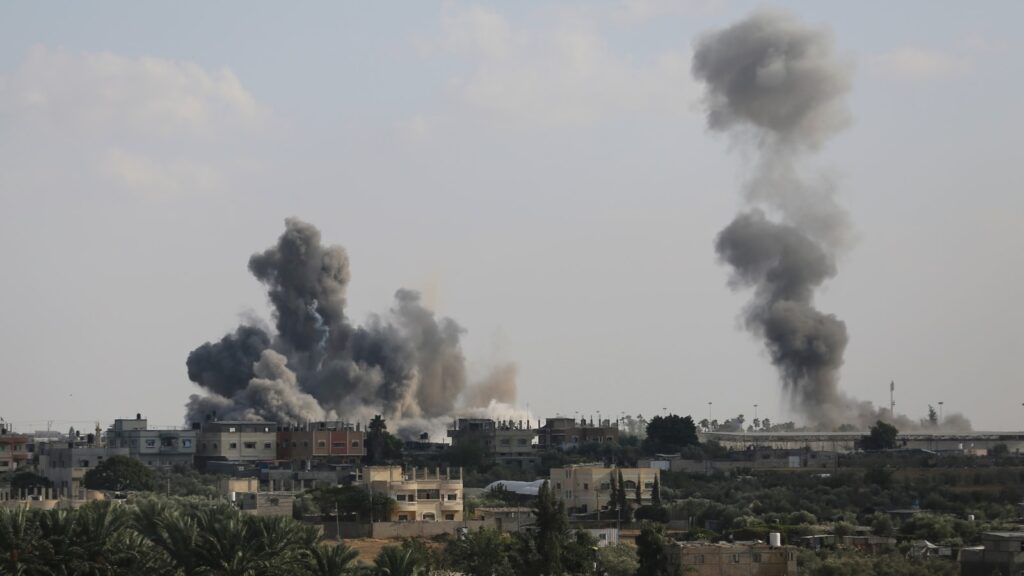The gruesome terrorist strike by Hamas and other militant factions from the Gaza Strip against Israel continues to reverberate around the globe. Israeli armed forces have launched retaliatory strikes that have laid waste to vast areas within the Palestinian enclave, one of the most densely populated places in the world. The world has rightly condemned the assaults by Hamas as terrorist attacks. The human cost of this latest upsurge of violence in the seven-decade conflict is staggering — more than 900 Israelis and 700 Palestinians killed so far. Israel has said it is in a state of war and the threat of an invasion continues to loom over the Gaza Strip; such an operation has probably not been ordered by the Israeli leadership only because of scores of hostages taken by Hamas fighters in Gaza.
While Israel assesses the security and intelligence failures that led to the attacks, it is likely that the assaults were planned over a considerable amount of time. Israel has accused Iran of having a hand in the violence, which Tehran has denied. It is clear that all the hype over Israel’s efforts in recent years to normalise relations with several Arab states through the Abraham Accords only sought to strengthen the status quo and shift focus away from the Palestinian issue, the main source of tensions between the Israelis and Arabs. The Israeli side did virtually nothing to deliver on the principle of “land for peace” after the 2005 withdrawal from the Gaza Strip. Instead, more Israeli settlements have appeared along with hardline Israeli settlers storming the Al-Aqsa Mosque complex in Jerusalem, Islam’s third holiest site, in recent months. Israel’s characterisation of the attacks as its 9/11 is ominous and doesn’t augur well for a world grappling with economic distress compounded by the Covid-19 pandemic and the Ukraine war. The situation is bound to impact the nuanced West Asia policy India has crafted, building good relations with both Israel and Arab states. Though India has traditionally been loath to intervene in conflicts, it is this policy which gives it the locus standi to act as an honest arbiter should it choose to do so. If New Delhi considers West Asia to be part of the country’s extended neighbourhood, the time may have come to act.
 Subscribe today by clicking the link and stay updated with the latest news!” Click here!
Subscribe today by clicking the link and stay updated with the latest news!” Click here!Continue reading with HT Premium Subscription
Daily E Paper I Premium Articles I Brunch E Magazine I Daily Infographics


